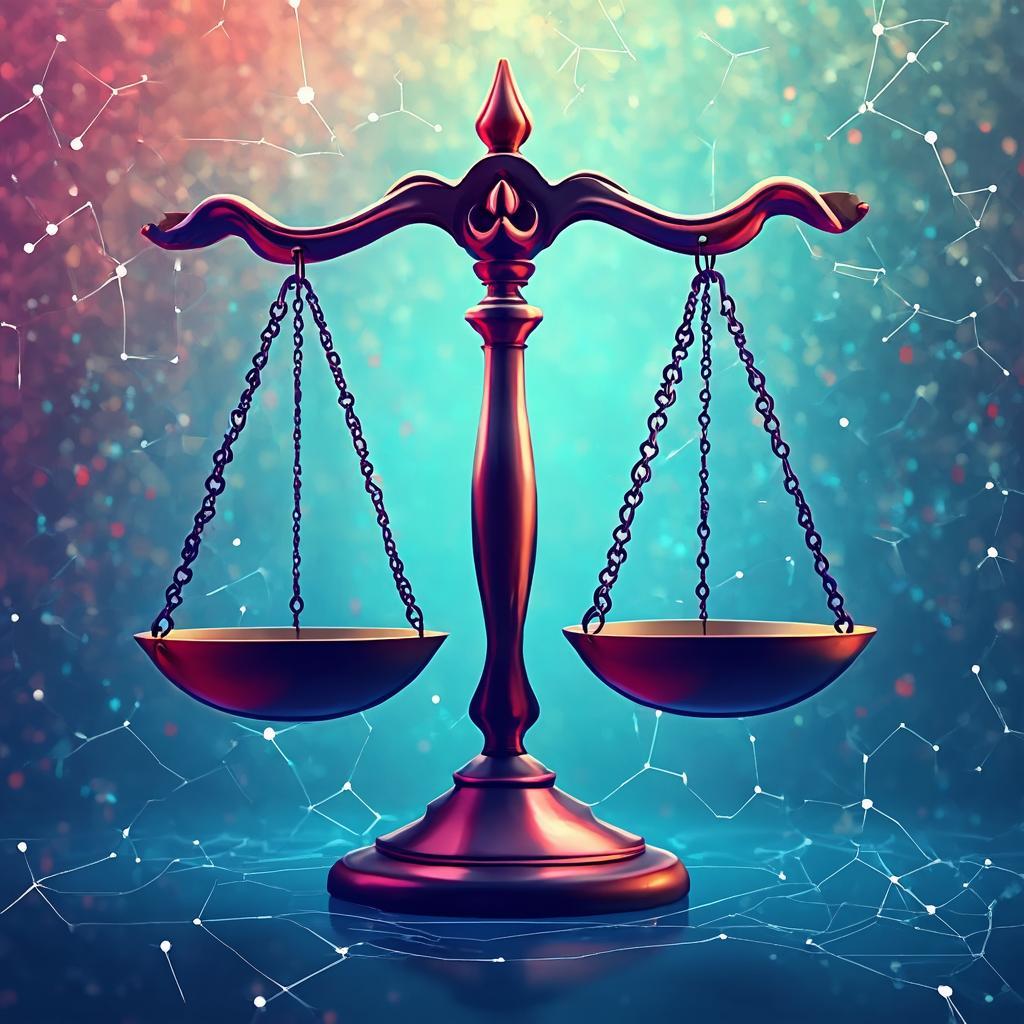Balancing Child Safety and Privacy in Age Verification Laws

In recent years, online safety for children has become a focal point for lawmakers worldwide, highlighting the critical need for effective measures to protect young users from inappropriate content. As the digital landscape continues to evolve, with social media platforms and adult content sites becoming increasingly accessible, age verification laws are gaining attention as a necessary step to foster a safer online environment. This push for regulations, particularly in countries like the UK and Australia, underscores a broader societal trend toward prioritizing child safety in digital interactions.
Age verification, at its core, is a mechanism designed to confirm the age of a user before granting access to content deemed inappropriate for minors, such as pornography. Regulatory bodies like Ofcom in the UK have instituted new rules that require adult content sites to implement robust age-checking systems to prevent underage access. These systems may utilize various methods, including biometric scans or user confirmations through official identification. However, these regulations have sparked controversy, with critics arguing about privacy concerns and potential overreach. Furthermore, some individuals may find ways to circumvent these checks using Virtual Private Networks (VPNs), which complicates enforcement efforts. For instance, since the introduction of these age verification protocols, apps offering VPN services have surged in popularity, indicating that while the regulations aim to enhance safety, they may also inadvertently lead users to seek workarounds, potentially undermining the intended protections.
The ongoing debate about age verification laws poses important questions about the balance between safety and privacy. With more than 400,000 signatures on a petition to repeal the Online Safety Act in the UK, many users express concerns about the implications of such invasive checks. This situation invites reflection on how we can safeguard children without compromising the privacy rights of all internet users. As this discussion unfolds, stakeholders must consider the potential unintended consequences of rigorous age verification and explore alternative strategies to create a secure online space. For further exploration of this topic, resources such as government guidelines and educational materials on internet safety are invaluable in understanding the ongoing challenges and advancements in online protection for minors.
Read These Next

Rocket with Tianzhou-9 Cargo Spaceship Reaches Launch Pad
Long March-7 rocket with Tianzhou-9 moved to Hainan launch pad to deliver materials to the Chinese space station.

Chemosynthetic Life Unveiled: A Deep Dive
Commentary on the discovery of a unique deep-sea life community that thrives on hydrogen sulfide and methane, reshaping our understanding of marine biology.

$8B Privacy Lawsuit Settlement: Meta and Zuckerberg
This article explores the recent $8 billion lawsuit settlement involving Meta, focusing on the implications for privacy, corporate governance, and user trust within the social media industry.
